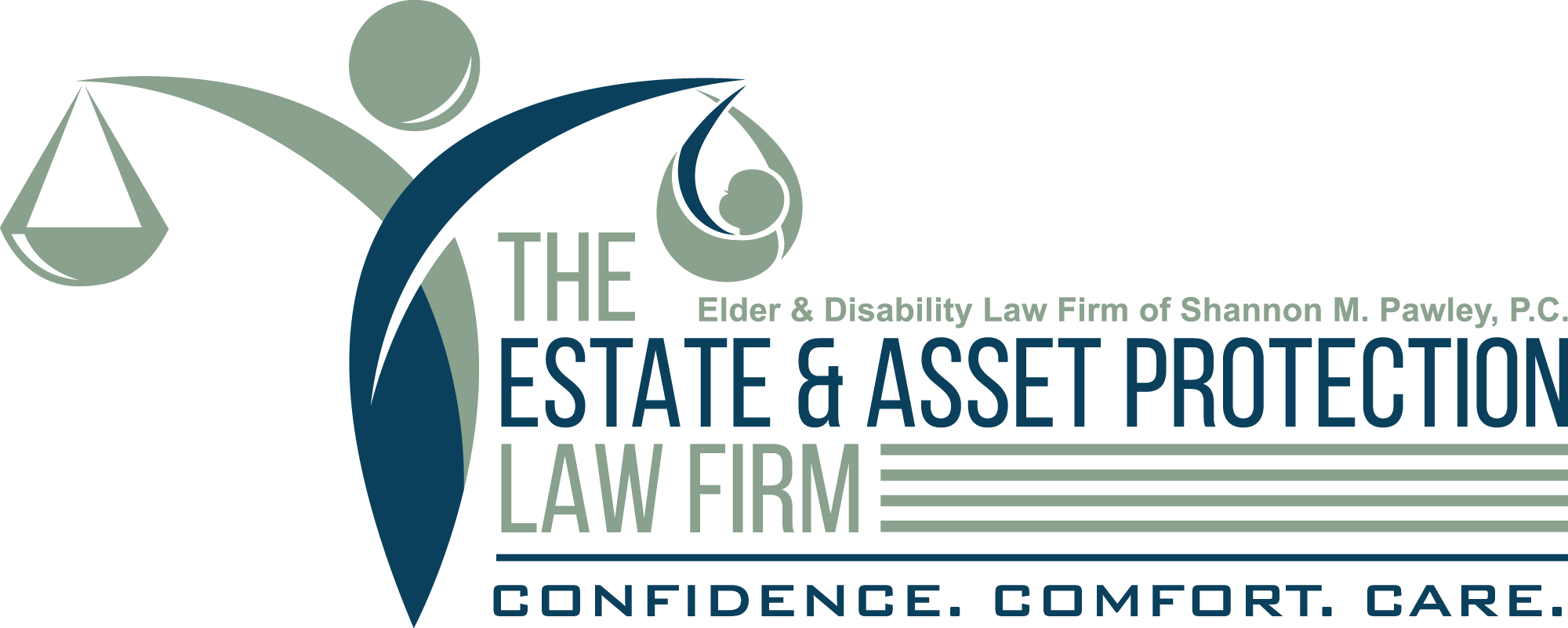What Is Hospice And How To Pay For Hospice Care

In my work helping clients of every age and position in life plan for their end-of-life healthcare, I am often asked about Hospice care.
There seems to be quite a bit of confusion on the subject of end-of-life care and hospice which I hope to clear up here.
Palliative Care
Hospice care is a necessary and vital form of palliative care – that is, comfort care without curative intent. This means that the person in hospice care no longer has curative options or has chosen not to pursue treatment because the side effects outweigh the benefits. Typically, hospice care is provided for patients whom their doctor believes has six or fewer months left to live. Of course, sometimes hospice care is provided even though the patient may live longer than six months. While it is typical for a doctor to refer a patient for hospice care, anyone—whether it is a family member, a friend, a member of the clergy, or a physician—can refer someone to hospice.
Hospice Is Available To Everyone in End-of-Life
Let me assure you that hospice care is available to everyone, regardless of the ability to pay. Hospice care is fully reimbursed by Medicare and Medicaid and many other types of health plans, including health maintenance organizations (HMOs), preferred provider organizations (PPOs), and other private insurance. If you have insurance other than Medicare (Part A) or Medicaid, your hospice program will help you determine the coverage by contacting your insurance company for you. Since it is the hospice philosophy to provide access to all who choose this type of care, regardless of ability to pay, most hospice programs also provide care for those who have no source of hospice benefit coverage.
To ease both the patient’s and family’s concerns, the hospice admissions staff and social workers try to ensure that payment issues are handled in an uncomplicated manner. The hospice philosophy is that payment for services should not be a concern.
Four Levels Of Hospice Care
All Medicare-certified hospices are required to offer 4 levels of hospice care depending on patient and caregiver needs. Level of care is one of the many important things to consider when choosing a hospice.
Routine home care
- Most common level of care in hospice. Patient is generally stable and the patient’s symptoms, like pain or nausea and vomiting, are adequately controlled.
- Usually provided in the home.
General inpatient care
- Crisis-like level of care for short-term management of out-of-control patient pain and/or symptoms
- Usually provided outside the home, in an inpatient setting at a medical facility like a hospital or skilled nursing facility.
Continuous home care
- Crisis-like level of care for short-term management of out-of-control patient pain and/or symptoms
- Usually provided in the home.
Respite care
- A level of temporary care provided in nursing home, hospice inpatient facility, or hospital so that a family member or friend who’s the patient’s caregiver can take some time off.
- This level of care is tied to caregiver needs, not patient symptoms.
End-of-Life Care Is An Important Part Of Estate Planning
One of the most important aspects of estate planning is providing for and considering pre-hospice end-of-life healthcare needs. You’ll want to have a Medical Directive in place and assign someone to make important healthcare decisions should you be unable to communicate. While hospice care is available to everyone, if something should happen that would require long-term care before hospice would be available, these things can be addressed in an estate plan while you are of sound mind and body. If you would like to discuss the creation of an estate plan, call my office today a at 404-370-0696.n
Looking to find an experienced estate lawyer in the Georgia area who is skilled in asset protection and estate plan preparation? Shannon Pawley is an attorney in Georgia with expertise in estate planning and asset protection. Shannon can provide assistance with creating an estate plan to include making a will and how to establish a trust properly. If you have questions about asset protection or questions about making an estate plan, reach out to Shannon and she will be glad to help answer all the estate planning questions you might have!







